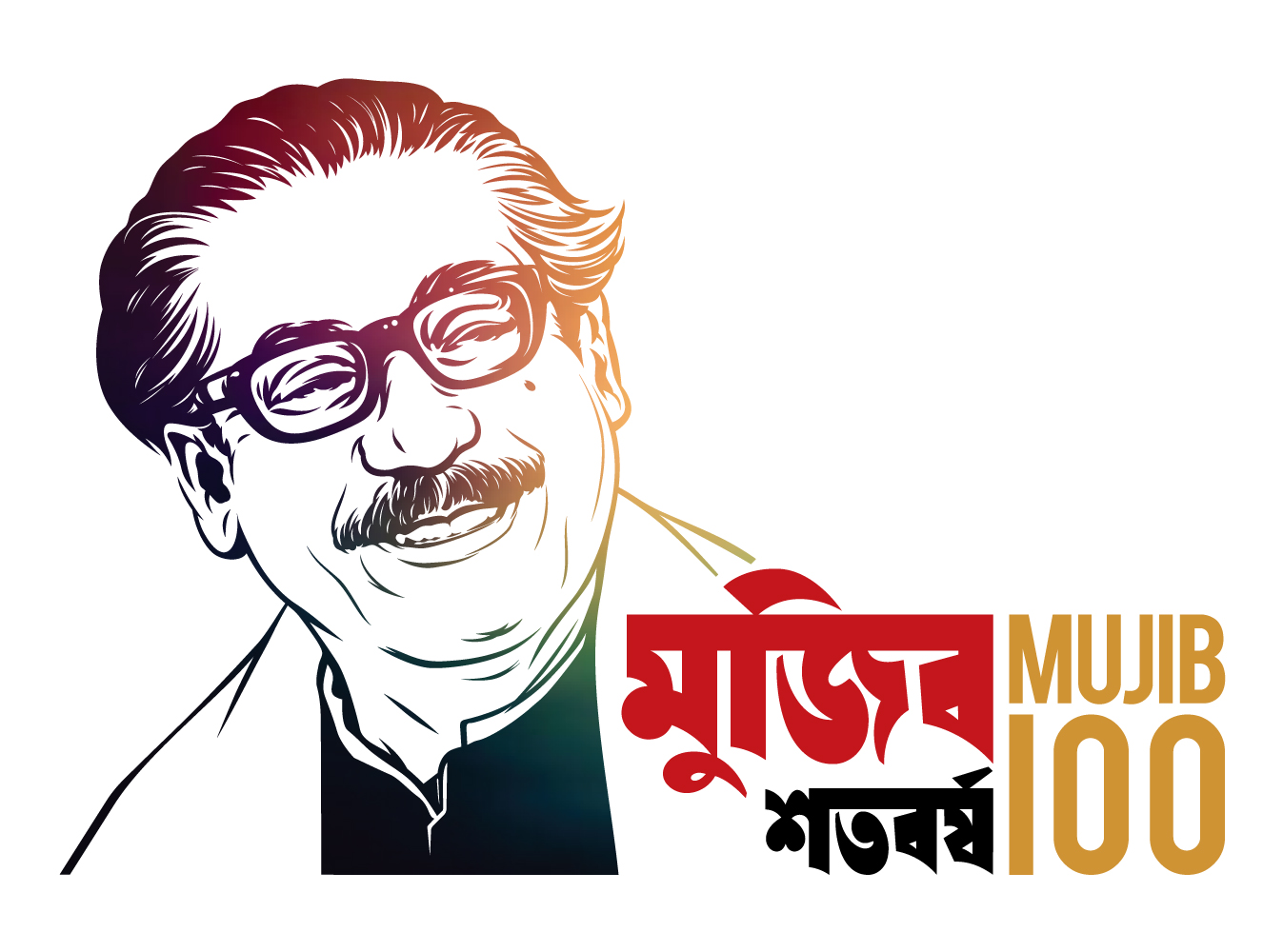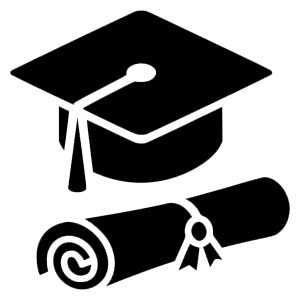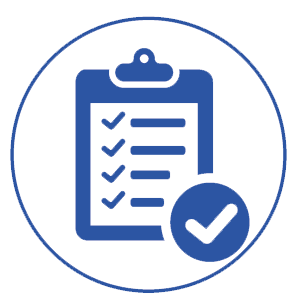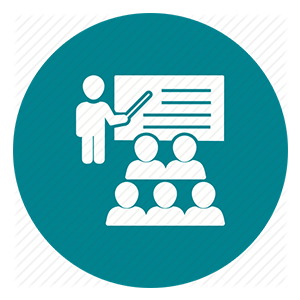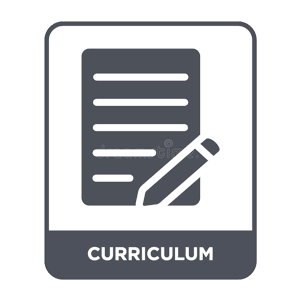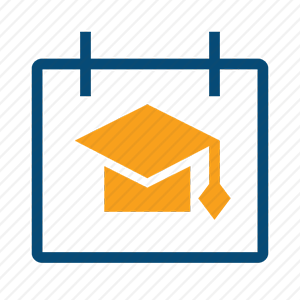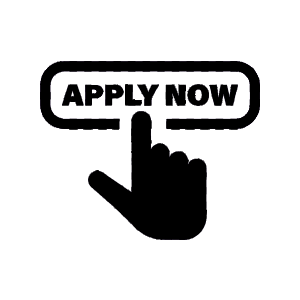MTE :: Bachelor of Science in Mechanical Engineering
Bachelor of Science in Mechanical Engineering (BSME)
Mechanical engineering is a diverse and flexible engineering discipline. Mechanical engineers work in number of fields including design of machinery, controls, vibrations and acoustics, power generation, renewable energy, energy conservation, fluid flow and heat transfer applications, and air-conditioning. The program synthesizes math, science, engineering science, and engineering design. The program provides electives in several general areas, including thermal-sciences, mechanical design and manufacturing, robotics and automation, mechanical and environmental systems, nuclear engineering, aerospace engineering, and bioengineering. Students begin the practice of design in their freshman year and integrate it throughout their programs which culminate in a team-oriented capstone design project in the senior year. The program is geared to prepare students for the lifelong practice of mechanical engineering and for immediate entry to positions in industry or further studies in graduate schools. The department also offers the Integrated B.S.-M.S. program for qualified undergraduate students.
Learning Outcomes
The Bachelor of Science in Engineering — Mechanical Engineering program has several objectives:
- Our graduates will apply acquired technical capabilities when solving engineering problems or in their graduate studies in mechanical engineering or other fields.
- Our graduates will use acquired professional skills to work effectively with colleagues and others in the workplace.
- Our graduates will demonstrate a sense of responsibility as a professional member of society.
Program Goals
The goals of the Bachelor of Science in Engineering — Mechanical Engineering program are to:
- Prepare graduates for the lifelong learning of mechanical engineering.
- Provide graduates with solid academic preparation for professional positions and/or graduate study.
Program Outcomes
Our graduates will apply acquired technical capabilities when solving engineering problems or in their graduate studies in mechanical engineering or other fields. The objective outcomes are:
-
Fundamental knowledge of state-of-the-art and evolving areas associated with the mechanical engineering field.
Ability to design and conduct experiments, analyze data, and utilize statistical methods.
Ability to solve open-ended design problems.
Ability to use modern computational techniques to solve engineering problems.
Ability to mathematically model and analyze engineering systems. -
Our graduates will use acquired professional skills to work effectively with colleagues and others in the workplace. The objective outcomes are:
Oral and written presentation of technical information.
Introductory knowledge of economics.
Working on a multi-disciplinary team with peers.
Motivation to pursue lifelong learning.
Student Outcomes
The Mechanical Engineering Faculty has adopted the engineering criteria-
- an ability to identify, formulate, and solve complex engineering problems by applying principles of engineering, science, and mathematics
- an ability to apply engineering design to produce solutions that meet specified needs with consideration of public health, safety, and welfare, as well as global, cultural, social, environmental, and economic factors
- an ability to communicate effectively with a range of audiences
- an ability to recognize ethical and professional responsibilities in engineering situations and make informed judgments, which must consider the impact of engineering solutions in global, economic, environmental, and societal contexts
- an ability to function effectively on a team whose members together provide leadership, create a collaborative and inclusive environment, establish goals, plan tasks, and meet objectives
- an ability to develop and conduct appropriate experimentation, analyze and interpret data, and use engineering judgment to draw conclusions
- an ability to acquire and apply new knowledge as needed, using appropriate learning strategies
Mode of study
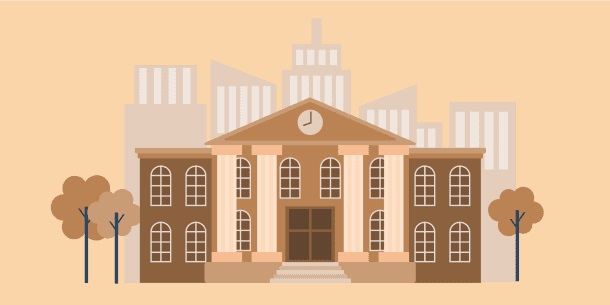
On-Campus
Get the full student experience by joining us of our state of the art campus
How On-Campus Studies Works at WUB
- On-campus learning (2-3 days per week)
- Full time only
- 2-4 intakes per year – programme dependent
- All programmes taught in English
- Study in small learning groups and in close contact with your lecturers

Virtual Learning/Online
Study your degree, your way, online
How Online Studies Works at WUB
- Study whenever you want through online
- Digital learning platform where you’ll conduct and manage your online studies at WUB
- Choose your own pace and take as long as you need
- Start at anytime from anywhere
- Take your exams online, whenever and wherever you want
- Some classes will be on campus such as lab classes etc

